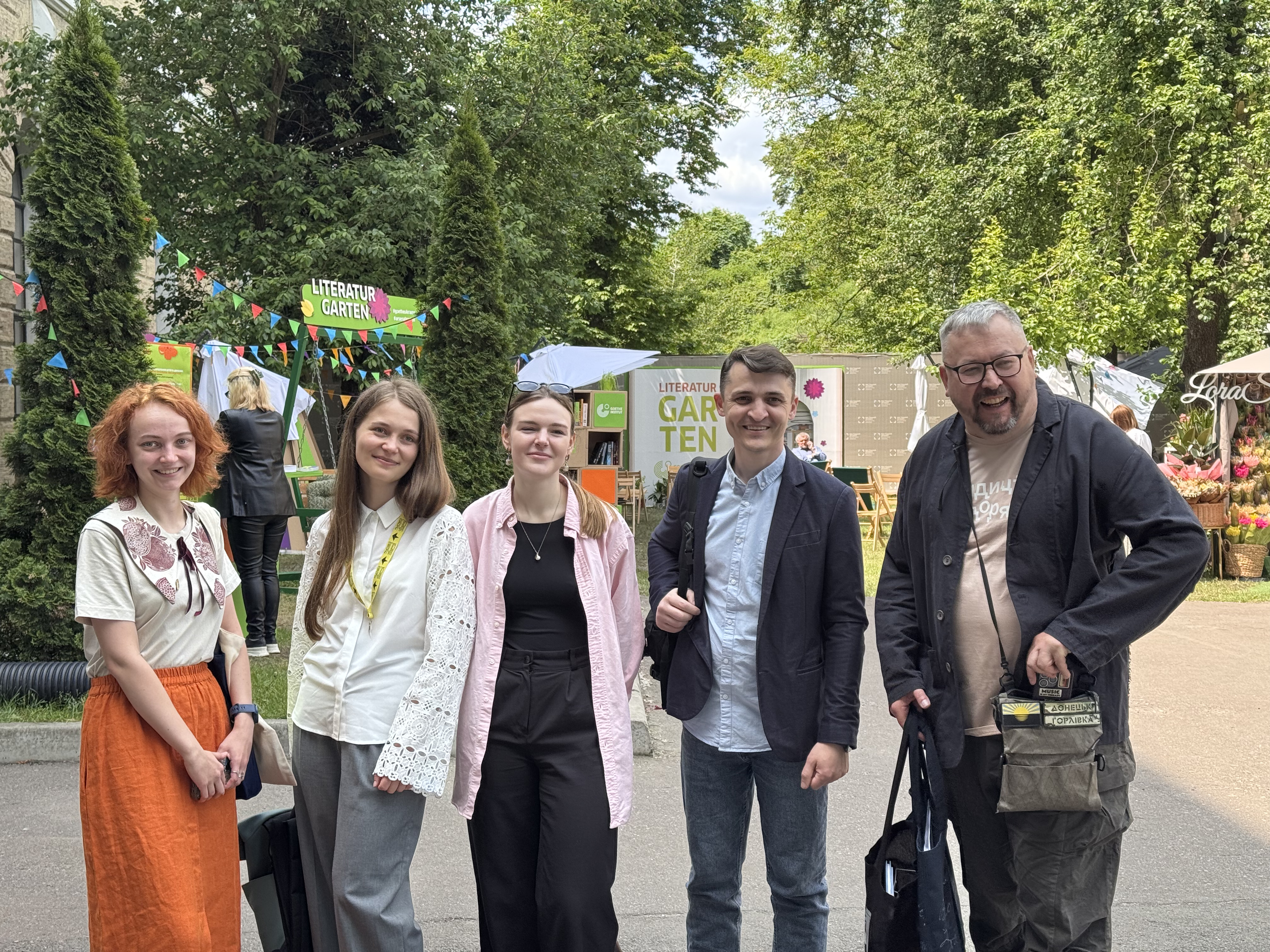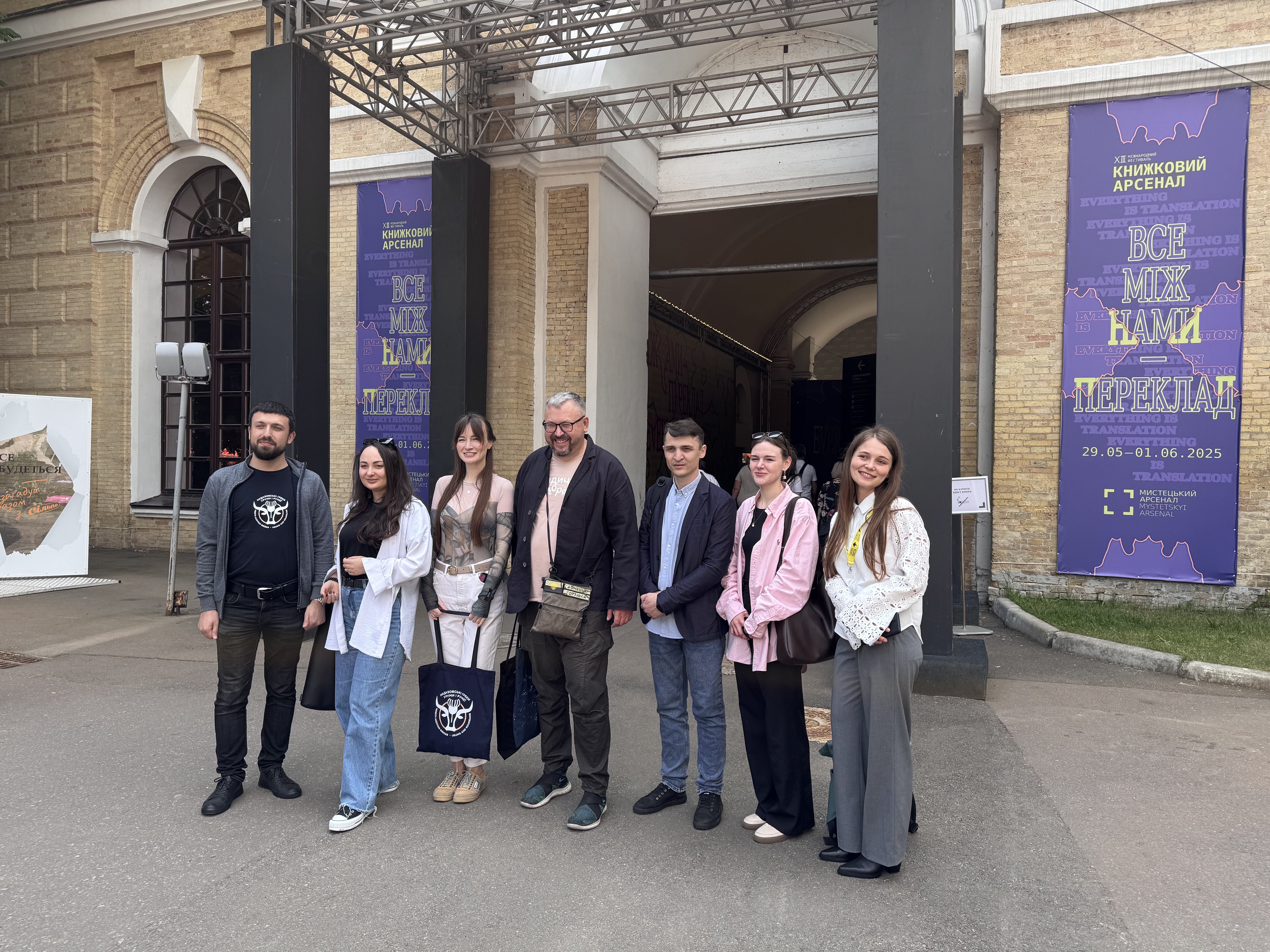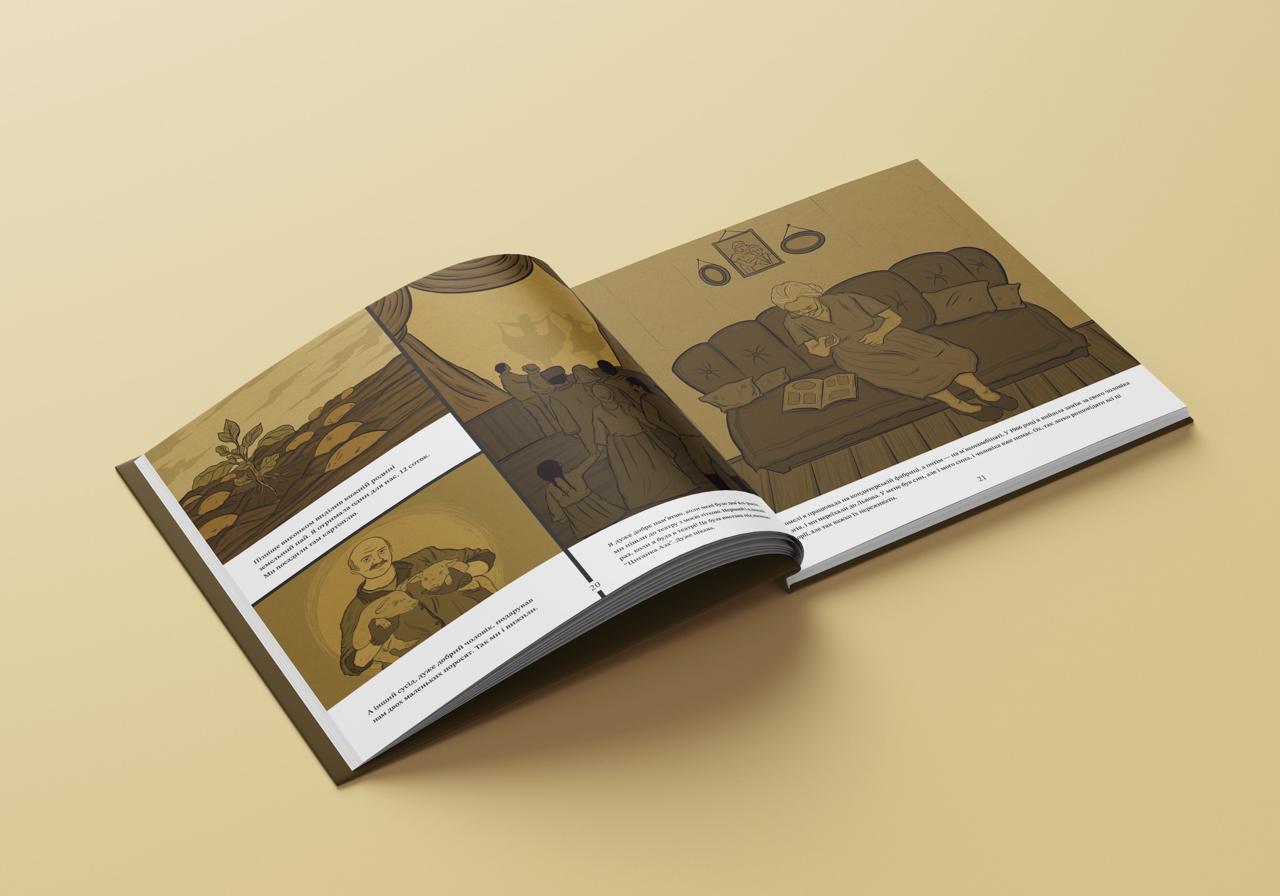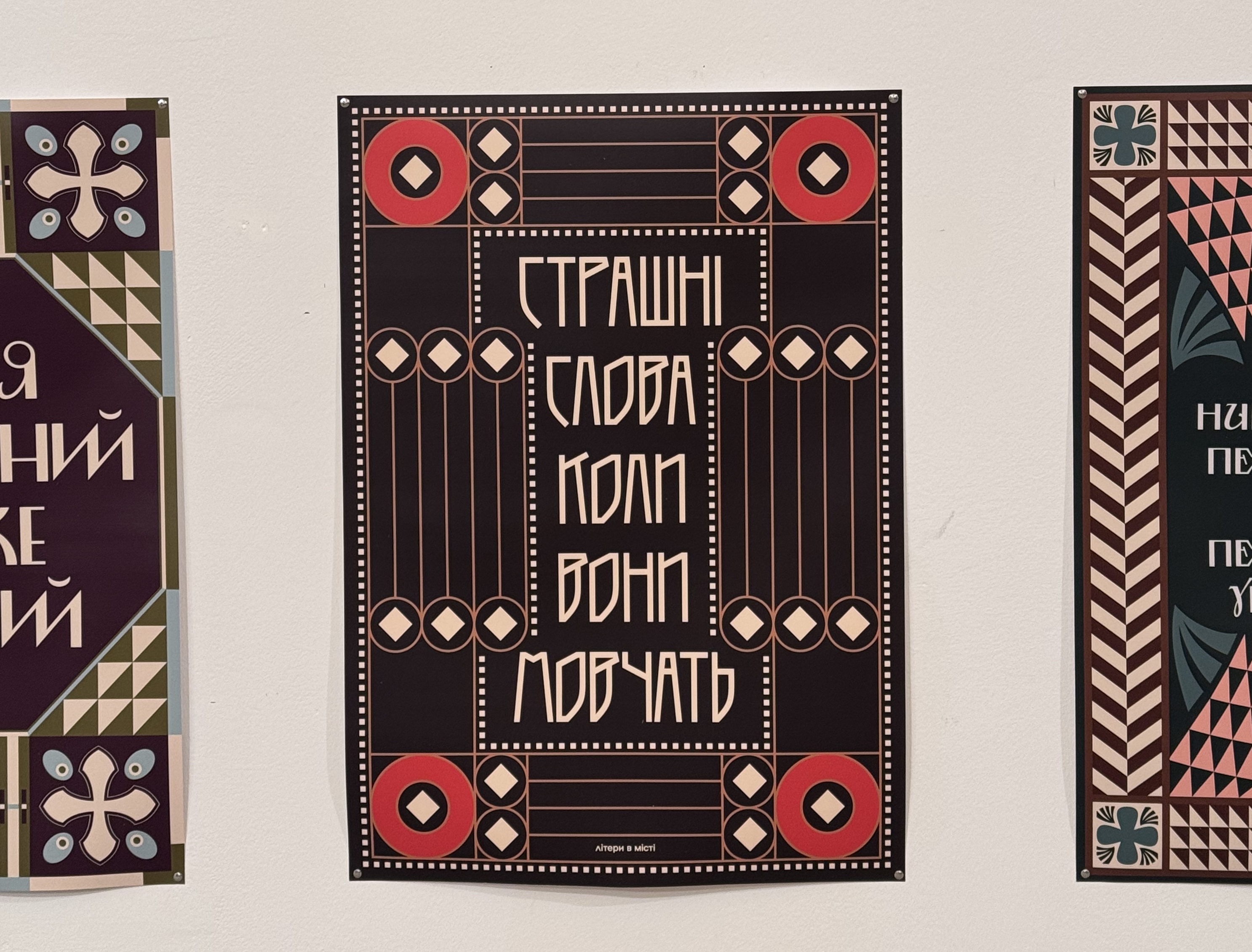The Earth Was Breathing: Comic Book on the Romani Genocide Presented at Book Arsenal
The 13th International Book Arsenal Festival took place in Kyiv. Among its participants was the Youth Agency for the Advocacy of Roma Culture “ARCA.” The organization’s Executive Director, Volodymyr Yakovenko, presented the comic book “The Earth Was Breathing.”
This publication is an artistic and documentary tool that has made it possible to record the stories of Roma who survived the genocide during World War II.
The book’s protagonists are people who lost their families, were forced to flee, hide, and survive in conditions that left little room for hope. At the same time, these are also stories of resilience, dignity, and the fight for memory.

Comic as a Language of Memory: A Graphic Novel About Roma Tragedy
By choosing the comic format, the team at “ARCA” made the subject accessible and emotionally resonant for a wider audience — particularly young people. The visual language allows for a more approachable engagement with difficult topics. “The Earth Breathed” is a way to bring closer the tragedy that is rarely mentioned in textbooks.
The comic’s creators said they worked with eyewitness accounts for several months. Each story is not only a record of the past but also a bridge to the present. As long as Roma voices remain silenced, discrimination has a chance to grow anew.
Every year, there are fewer and fewer survivors of the genocide. With each passing year, the opportunity to hear their stories firsthand diminishes. That’s why initiatives like this one are crucial — not just for preserving memory but as an act of justice that allows the Roma community to speak about their past in their own voice.
“ARCA” has for several years been systematically collecting and disseminating Roma testimonies. This comic is one format that makes a complex topic understandable and the Roma tragedy visible.

A View of the Past Through the Lens of Dignity
The stories in “The Earth Was Breathing” are not built around dramatization or suffering. On the contrary, the focus is on the person, their dignity, and their desire to live. Those who lost everything managed to preserve their spirit and the courage to speak about their experience. This makes the comic not only important for Roma, but for all Ukrainian society.
Because memory is a shared responsibility. And as long as we speak about the genocide of Roma and hear their voices, we take steps toward a society where there will be no more “silent minorities.”
“At the Book Arsenal, we were able to present the book to members of the Azov Greek community, and they responded very positively. They particularly noted how important it is that the book is printed not only in Ukrainian and English, but also in Romani — this helps preserve the language. Meanwhile, the Azov Greeks currently lack the opportunity to publish or translate books in their native language.
We also visited the War Museum under the Motherland Monument. During our meeting with the museum director, we showed her our book, and her first reaction was: ‘Would you consider presenting this book here?’ So we’re planning a collaboration. We also presented the book at the Babyn Yar Museum. Everywhere we showed it, people wanted it for their libraries or to include it in their exhibitions,” said Volodymyr Yakovenko, Executive Director of the Youth Agency for the Advocacy of Roma Culture “ARCA.”

These reactions show that such projects are needed and carry weight not only for the Roma community, but also for other national minorities and a broader audience. It’s important that these kinds of publications find a place in museums, libraries, and on the shelves of those who want to better understand the diversity of Ukrainian society. Such books are not only about preserving history — they are about recognition, mutual respect, and building a shared cultural space where every community’s voice is heard equally.

See also
- A screening of the recorded documentary play Voices That Have Names took
- «Голоси, які мають імена»: відбудеться показ зафільмованої документальної вистави
- Screening of the film *"Voices That Have Names"* and discussion with Lesia Pahulich and Nataliia Tom
- 59% of Roman have faced problems when trying to access school education: the results of the research
- A presentation of the book "Russian Colonialism 101"
- Happy holidays!
- Implementation of the Action Plan on Improving the Situation of Roma and Sinti within the OSCE area
- Two-day consultations about y of Socio-Economic Vulnerability of Roma
- Presentation of the #through_my_mind_to_your_eyes project